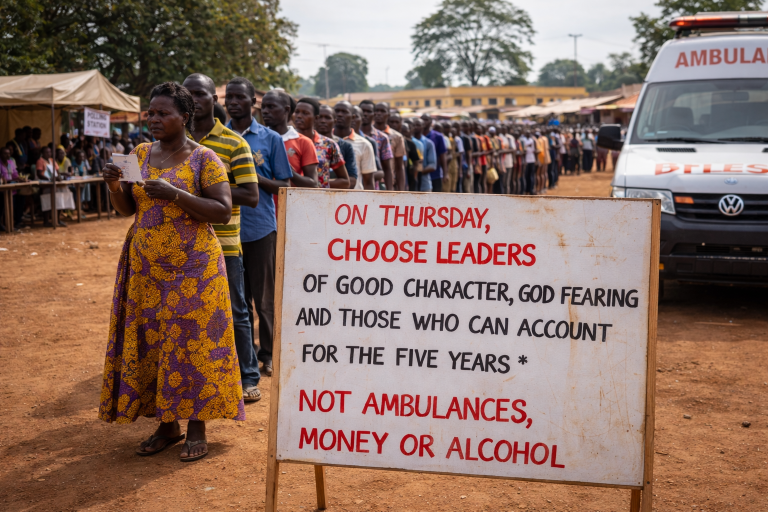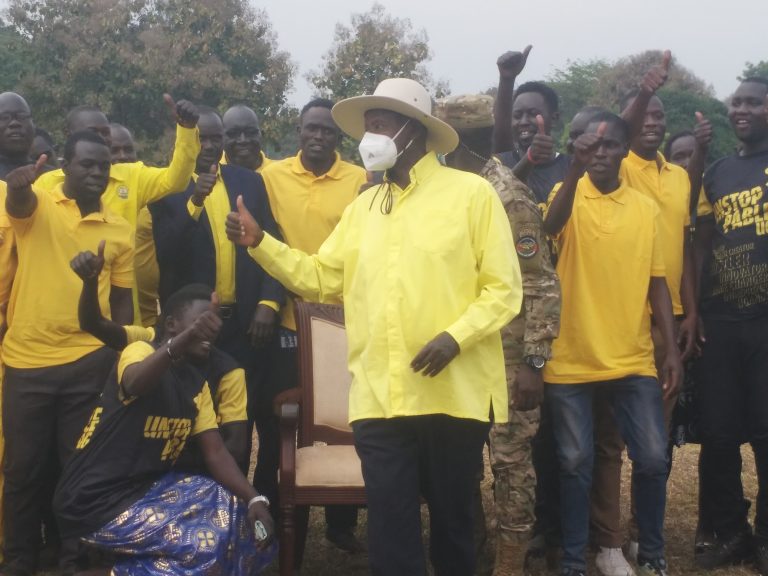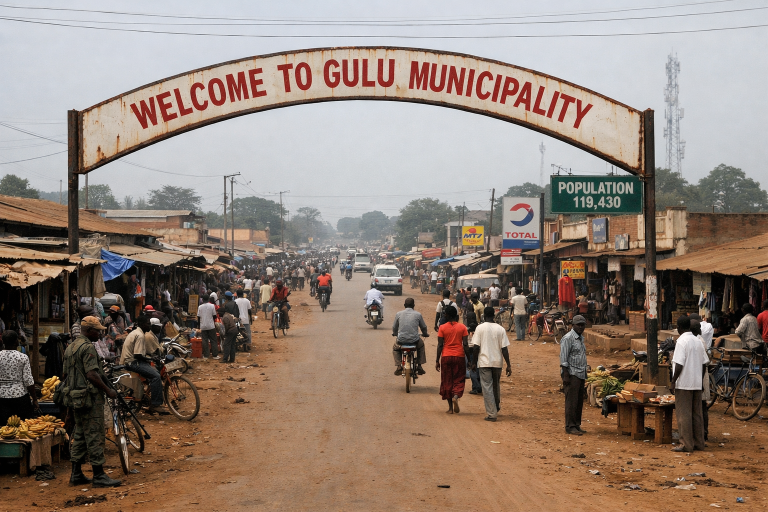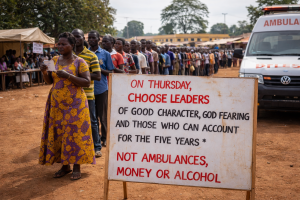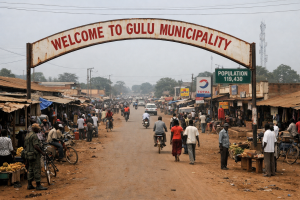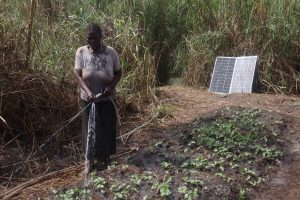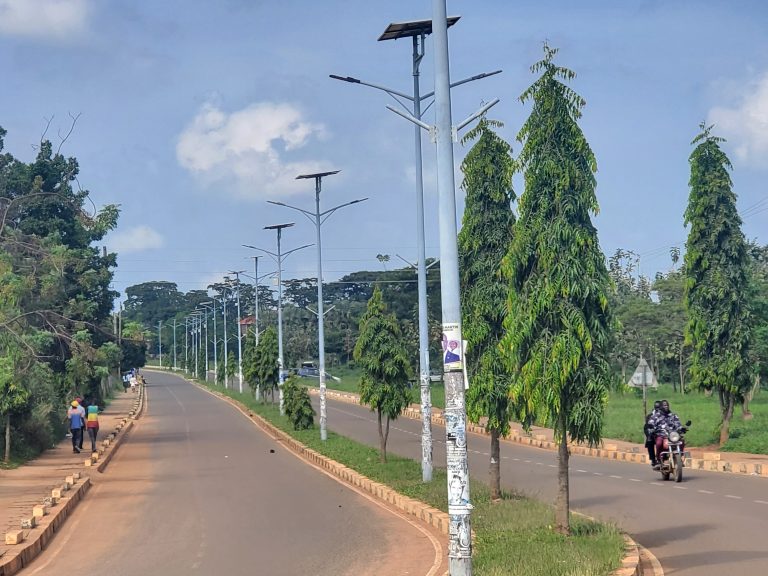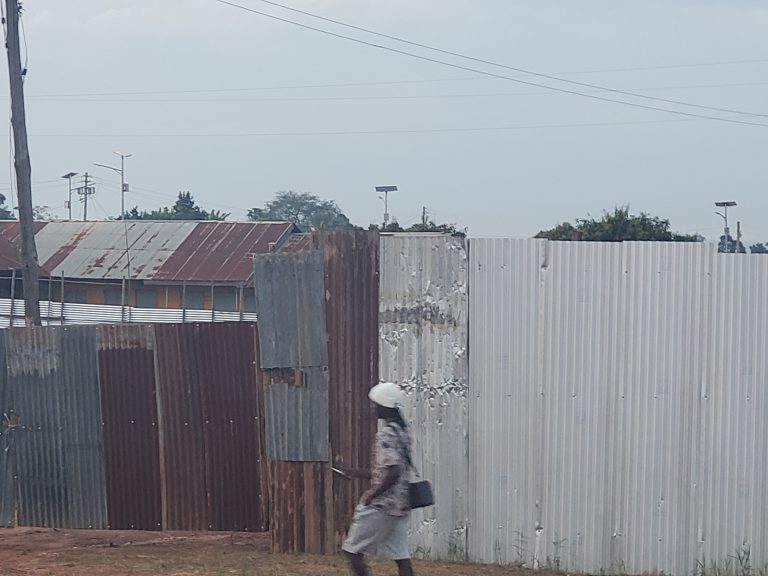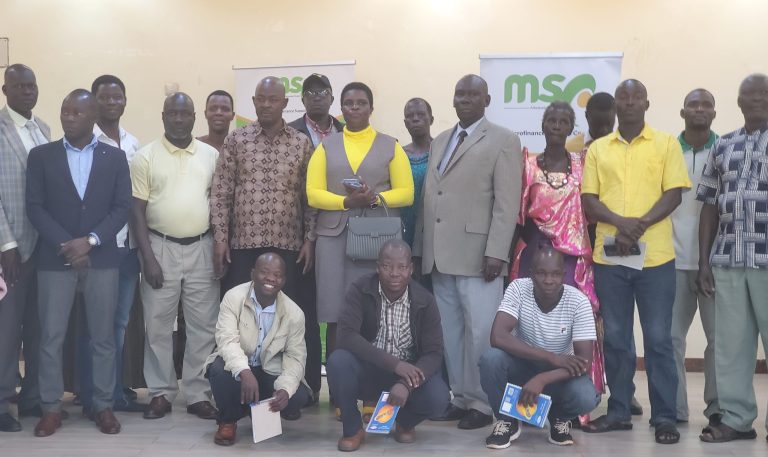By Willy Chowoo
Gulu, Uganda: For close to two decades, the Acholi sub-region has been rebuilding from the scars of war. Now, a new injection of financing is fueling that recovery. The Microfinance Support Centre (MSC) has invested over Sh15.43 billion into the Acholi sub-region in the past 25 years, backing farmers, small businesses, and cooperatives to grow from subsistence to sustainable enterprises.
Speaking in Gulu City during a recent stakeholder engagement meeting, Mabal Nadadda, the MSC Zonal Manager-Lira, stated that this initiative has helped boost economic recovery across eight districts and one city – Gulu, Omoro, Amuru, Nwoya, Lamwo, Agago, Pader, Kitgum, and Gulu City.
The centre has disbursed Sh15.430 billion in the sub-regions since its inception 25 years ago: Sh1.3 billion to SMBs, Sh4.3 billion to cooperatives, Sh2.61 billion to microfinance institutions (MFIs), Sh5.4 billion to SACCOs, and Sh2.5 billion to farmer groups.
The current loan portfolio for Acholi Sub-region stands at Sh798 million, with Sh465 million in conventional financing and Sh333 million in non-conventional lending. “Our main value chains include sunflower, soybean, cassava, maize, groundnuts, simsim and sorghum,” Mabal said, noting that small and medium businesses (SMBs) take up the largest share at 46%, largely due to agro-machinery financing.
“Our savings have grown from sh200 million to sh1.38 billion,” Mr. Wokorach Simon, Chairman of the PALNET SACCO Board. The SACCO has four branches across Northern Uganda, covering Acholi, Lango, and Karamoja sub-regions, covering 11 districts, with a membership of 18400.
Mr. Wokorach thanks MSC for their support of various groups in the sub-region that have faced economic disempowerment.
Microfinance Support Centre is a government-owned development finance agency established in 2001 to facilitate access to affordable financial services and strengthen the management capacities of Cooperatives, Groups, and Village Savings and Loans Associations.
Leadership, Resilience and Opportunity
MSC’s Executive Director John Peter Munjuni praised the leadership within Acholi’s financial institutions, calling it “the seed” for growth.
“It takes strong leadership to build an institution from 2,000 shillings to where it is now,” Munjuni said. “If you could grow from nothing, how much stronger will you be when we give you 20 or 50 million?”
This example follows a group in Bobi, Omoro district, Tii ki Ada Saving Group, that initially served only 10 members but has since expanded to 124 members. The group now provides cash loans, asset loans, and agricultural loans. Starting with savings of sh11,000, it has grown to sh168.5 million. They have now given out 67 motorcycles to members under Asset loans.
Drawing from the Acholi word, Cungu ma tek – resilience – he urged groups to withstand shocks such as COVID-19 and to capitalise on the region’s abundant opportunities, including fertile land and reliable electricity supply.
“This is our first time to hold our annual staff meeting in Gulu because we have a special focus on developing this region,” he revealed, adding that MSC will soon open a dedicated office in the city to serve farmers and entrepreneurs more efficiently. This office has already been opened to serve the people in the sub-region.
He also commended Acholi for environmental conservation. “You have unique tree species here – keep them. Don’t destroy what is wealth for your future,” Munjuni said.
Local Leaders Call for Integrity and Mindset Change
Gulu City Resident Commissioner Onaria Ambrose challenged local entrepreneurs to embrace business ethics and reject corruption in SACCO management.
“Sometimes people fail to grow because the managers of their circles become thieves,” he said bluntly, urging proper bookkeeping and cooperative lending models to avoid distress sales of produce.
He dismissed the notion of entrenched poverty in Acholi, pointing to visible investments in housing, education and transport. “If you believe you are poor, you will be poor,” he said. “Prosperity starts from the home. Work with your partner, trust each other, and invest wisely.”
The City RCC rallies the people in the sub-region to embrace what the government has provided to lift them out of poverty. The government has given you what it takes to lift people out of poverty. “When you are poor, going to heaven is going to be very difficult”, he warns.
Ambrose also urged residents to utilise the favourable 8% MSC interest rate instead of costly lenders, and to avoid unnecessary expenses such as sending children to expensive distant schools while neglecting local ones.
According to Amuru District Deputy RDC, Acham Proscovia, changing the mindset of Acholi is key in transforming the sub-region, recovering from the impact of the long insurgency
“Acholi sub-region was indeed affected so much, but at the same time government is coming up to ensure that we get this money, but what is keeping us there is the mindset ”, Acham notes.

Amuru District registered 36 Emyooga SACCOs for 18 different categories, both in Kilak North and Kilak South Constituencies.
A Region Poised for Growth
The Acholi sub-region’s recovery story is one of grit and determination. From the post-war ruins of the 1990s, communities have built SACCOs, grown savings, and embraced modern farming with the support of MSC and other partners.
In 2024, MSC expanded the cumulative fund portfolio under Emyooga to UGX 281.3 billion, benefiting 9,035 SACCOs with 6,810 Emyooga SACCOs and 2,225 SACCOs under the Conventional Credit services.
Emyooga is the presidential Initiative on Wealth and Job Creation launched in 2019 as part of the broad government initiative aiming to transform 68% of the homesteads from a subsistence economy to market-oriented production. It has been strengthening local economies by empowering artisans, traders, and service providers with affordable financial support, business skills, and cooperative structures that foster self-reliance.
In a move to expand and deepen financial inclusion, the Microfinance Support Centre has been able to form 8110 Emyooga SACCOs in all 146 districts in the country.
The cumulative figure indicates that MSC has been increasing the seed capital allocated to various Emyooga SACCOs over recent years, with the amount largely depending on the number of SACCOs established.
In the Acholi sub-region, which comprises 19 of the 147 constituencies across 146 districts nationwide, over Sh10,430 billion has been allocated as initial seed capital since 2019. Through this programme alone, 330 SACCOs have been established and funded, with total savings that have accumulated over the year now surpassing Sh623,793,900 million. But only 82 SACCOs have received additional seed capital of Sh20 million each, totaling to Sh1.64 billion, with 248 SACCOs yet or receive it.
Members of various SACCOs from the sub-region have collected share capital totaling sh231,500,500, along with recoveries amounting to sh3,290,140,490. The recovery rate is 31.5%, leaving an outstanding balance of sh7,139,859,510.
But the journey has not been without challenges. “We face high default rates in both mainstream and Emyooga SACCOs, seasonal variations affecting incomes, and occasional political interference,” Mable admitted.
In the case of Emyooga SACCOs, the Commercial Officers are responsible for enforcing the implementation of the SACCO through capacity building and outreach programmes for the members. However, this is not the case; Gulu City Commercial Office Nixson Atemo said their department is unable to do so, as they lack transport to move into communities to conduct mobile activities.
“Sometimes, we don’t do this, this department across the sub-region doesn’t have official transport to make us do outreaches. We rely heavily on other departments when they are going on outreach”. Atemo notes.
As MSC spices up SACCOs in the sub-region, the issue of value addition remains a big challenge to most of the groups. “For you to put a good price on the products you produce, you should make sure there is quality”. Atemo adds.
Despite some challenges in implementing Emyooga, this is seen as a big boost to the economic recovery in the sub-region that has been rated on a number of times Uganda Bureau of Statistics as the poorest.
Mr. Onencan Bosco is the chairperson of Kitgum Municipality Veteran Emyooga SACCO, which has already received additional seed capital of Sh20 million said the initiative is helping members improve their household income.
“We have put stringent measures to ensure that members don’t run away with our money. We sent one of our members to prison after he mismanaged Sh5 million. With Emyooga, there is a good improvement in the household, as I have seen”, he adds.
MSC Deputy Managing Director Hellen Petronilla Masika highlighted the positive outcomes from MSC’s work in the region. “We are glad to hear that our partnership has improved household incomes, helped members acquire land and houses, and promoted savings culture,” she said.
She noted that many groups were now ready to transform into cooperatives and that MSC’s governance and financial literacy training had enabled SACCOs to work with other stakeholders, such as in tractor financing.
Promising to reduce loan processing times, Masika announced the opening of a satellite office in Gulu to bring services closer to the people. “We are here to serve you,” she said.
With a new Gulu office, Sh15 billion already invested, and fresh commitments to speed up service delivery, MSC is betting on Acholi’s resilience to turn opportunity into lasting prosperity after decades of armed conflict that devastated the sub-region that once used to be back born of this country.



